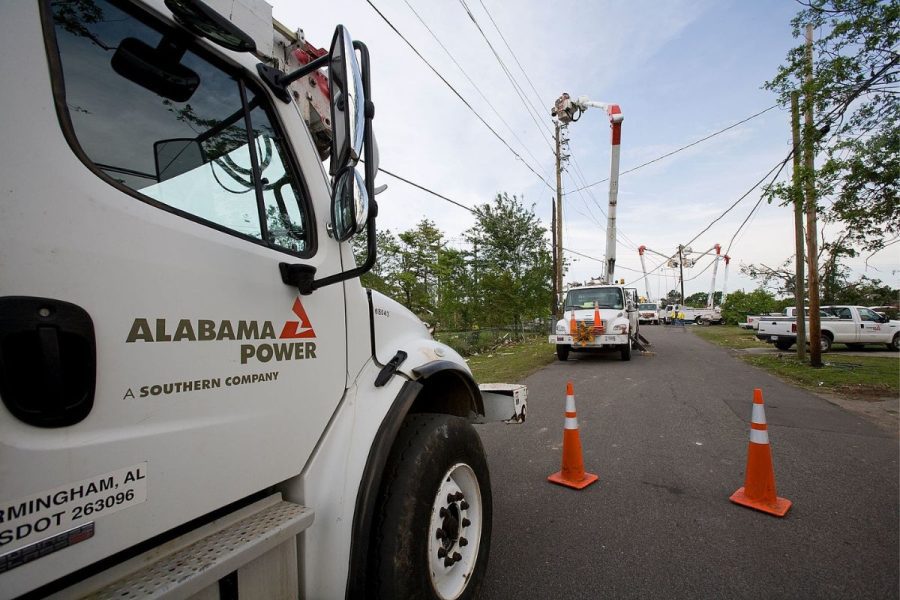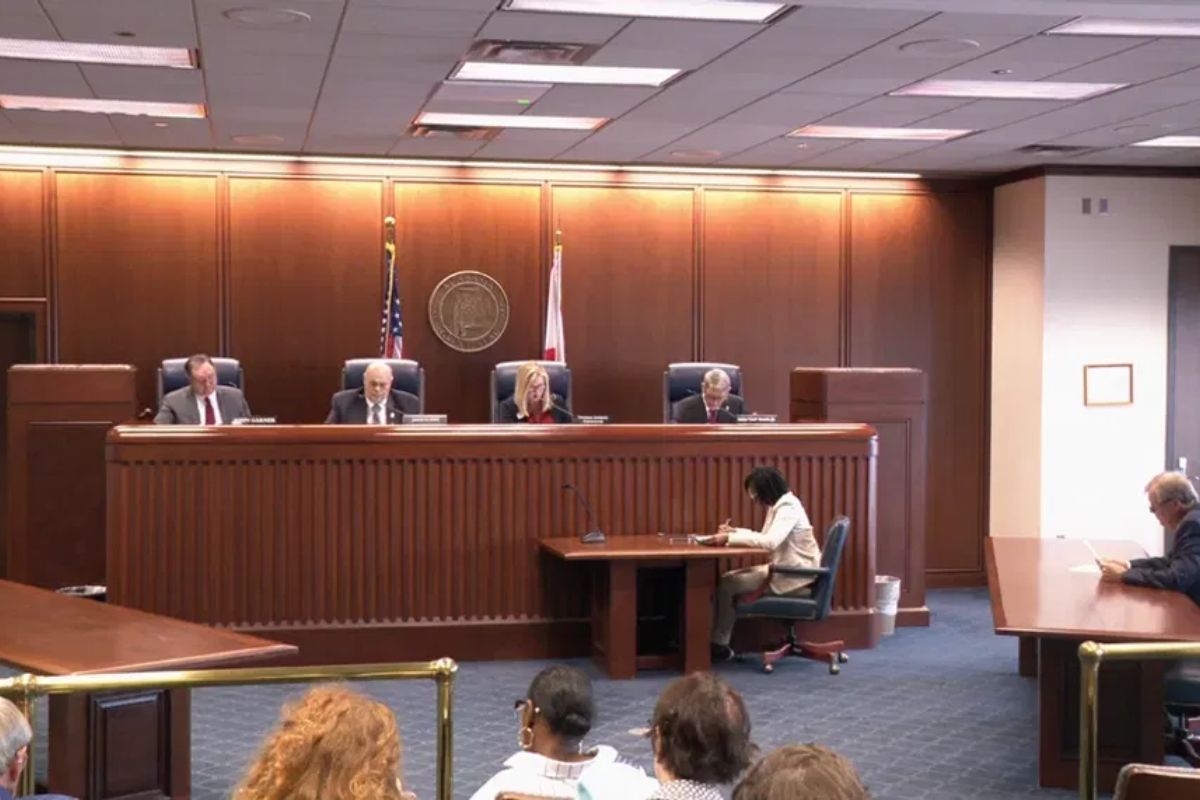Alabama Power Spares Consumers on Fuel Costs: The recent Public Service Commission meeting in Alabama shed light on a crucial decision regarding fuel costs that directly impact consumers.
Alabama Power’s initiative to spare consumers from potential fuel cost increases has sparked a wave of interest and speculation among residents and businesses alike.
As discussions unfolded during the meeting, questions arose regarding the implications of this decision on future utility bills and the broader economic landscape of the state.
The outcome of the meeting has left many eagerly anticipating the next steps in this ongoing saga.
Alabama Public Service Commission Addresses Consumer Inquiries
The Alabama Public Service Commission efficiently addressed a significant number of consumer inquiries during its monthly meeting in Montgomery, focusing primarily on electric and gas providers like Alabama Power and Spire Alabama. Out of a total of 149 inquiries received between January 25th and February 24th, an overwhelming majority of 148 inquiries were related to Alabama Power, highlighting the company’s prominent presence in the state’s energy sector. The commission’s dedicated attention to these consumer inquiries underscores its commitment to ensuring transparency and accountability within the utility service industry.
During the meeting, the Alabama Public Service Commission demonstrated its expertise in navigating complex consumer concerns, offering insights and resolutions to address the diverse array of inquiries received. By engaging with consumers and providers alike, the commission plays a crucial role in promoting a fair and competitive market environment that benefits all stakeholders involved. Through its proactive approach to addressing consumer inquiries, the commission upholds its mission of safeguarding the interests of Alabama residents and promoting a reliable and efficient energy service sector.
Billing Issues and Alabama Power’s Decision on Rate Increase
Amidst the prevalent consumer inquiries focused on billing issues with Alabama Power, the company’s recent decision to forgo a rate increase has garnered significant attention and implications for power customers in the state. Despite the opportunity to recover costs through rate hikes, Alabama Power opted to maintain the current cost recovery level, ensuring that customers will not face an immediate increase in their rates. Instead, the company plans to spread the cost recovery over an extended period, providing some relief to consumers.
This decision by Alabama Power has sparked various reactions among consumers and industry experts:
- Relief: Customers are relieved that Alabama Power has chosen not to increase rates, especially in the midst of economic uncertainties.
- Appreciation: Many consumers appreciate the company’s efforts to mitigate the financial burden on its customers during challenging times.
- Trust: This decision has helped build trust between Alabama Power and its customers, showcasing the company’s commitment to customer satisfaction.
- Transparency: The transparent approach taken by Alabama Power in addressing billing issues and rate increases has been positively acknowledged by consumers and industry observers alike.


ALSO READ: Alabama Woman Fatally Injured in Pensacola Motorcycle Crash
News in Brief
Alabama Power’s recent decision to spare consumers from immediate rate increases, despite the option to recover costs, was addressed during the Public Service Commission meeting. Out of 149 consumer inquiries, with the majority focused on Alabama Power, the commission showcased its commitment to transparency and consumer welfare.
The decision to spread cost recovery over time has garnered relief and appreciation from customers, fostering trust and highlighting the company’s transparent approach. The Alabama Public Service Commission’s dedication to addressing consumer concerns underscores its role in ensuring fairness and accountability in the state’s energy sector.

